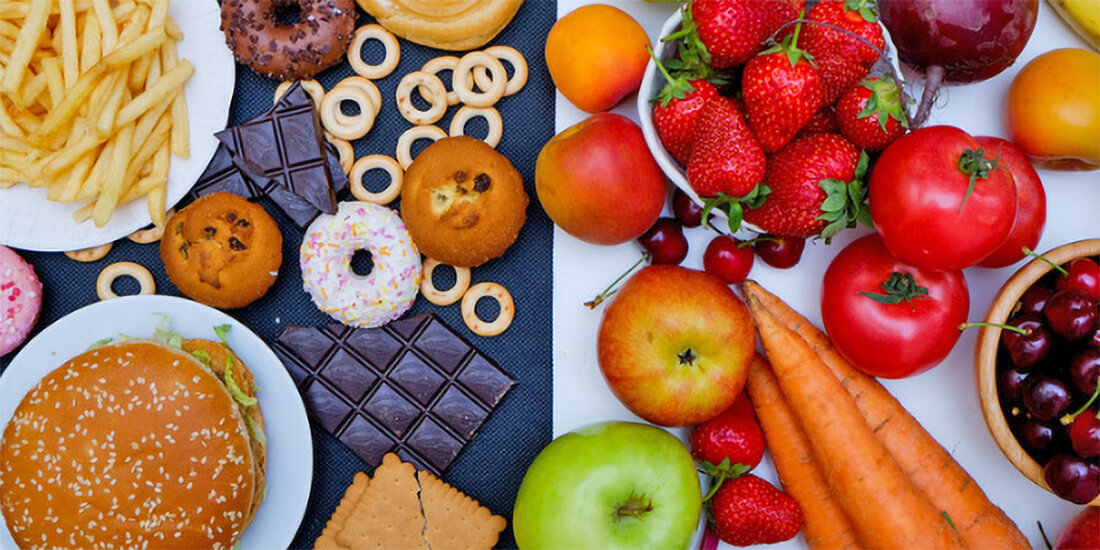The Balancing Act

What does ‘balance’ mean when it comes to healthy eating? And how do we define the elusive concept of moderation?
The thing is there is no one size fits all. Of course there are guidelines to help us make sure we’re getting enough nutrients and reduce our risk of diseases like diabetes and cancer (for details visit our blog What Does Healthy Eating Actually Look Like?)
But where do non-nutritious foods fit in – the ones we love to eat just because they taste so good?
Finding your balance should take in to consideration both your physical and mental health as well as your lifestyle and sustainability.
There’s no point trying to follow something unrealistic that you can’t maintain, that is too restrictive, gives you an unhealthy obsession with your food, or stops you from socialising – even if it were the ‘perfect diet’.
When you’re eating a good range of healthy foods then some occasional less nutritious foods are absolutely fine to indulge in.
Your body will usually tell you if you’re overdoing it by sending you some of the following signals:
- lack of energy
- poor sleep
- digestive trouble, bloating or reflux
- skin conditions or acne
- high blood sugar, cholesterol or blood pressure
- feeling sluggish
- feeling down, depressed, anxious or unmotivated
- unwanted changes to weight
If you are experiencing any of these symptoms, try changing things up – perhaps swapping a treat for a more nutritious choice, having them less often or in smaller amounts – and see if it feels better for you.
Don’t forget, if you need a little help figuring out your balance, get in touch with a dietitian who can support and guide you.




